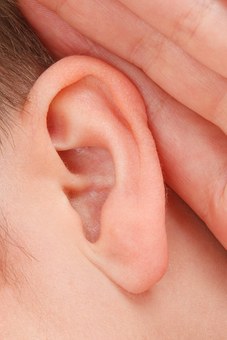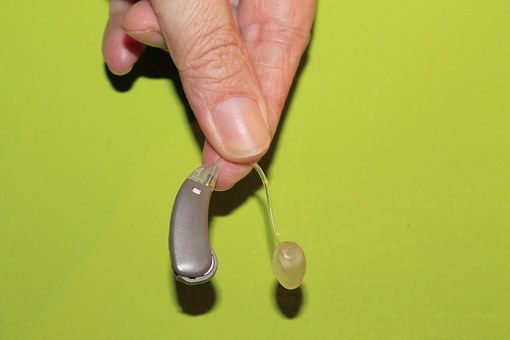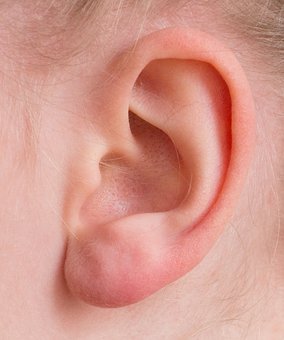My Child Is Deaf
Hearing is important for a child’s ability to develop communication skills, language, and social skills as they grow. You may find out your children has hearing loss when the child was born or later in childhood. In the past, hearing loss in children frequently went undetected until the child was about two years old when he or she was not talking yet. But with technology, a newborn hearing screening is now possible, and children with hearing loss can be identified at much younger ages. It is really important to get the right treatment as early as possible because when you understand more about your child’s condition, you can get the help your child needs so they can learn, play, and keep up with other kids.

There are numerous possible causes of a child with hearing loss, including:
- Otitis media is an inflammation in the middle ear, which is commonly associated with fluid buildup. This often happens in children because the tubes that connect the middle ear to the nose are not fully formed and fluids build up behind the eardrum. The fluid may or may not be infected. Even if it’s not infected, the fluid can affect hearing if it stays there for a short time. However, if it stays for a long time, it can lead to permanent hearing loss.
- Problems at birth can happen and lead to newborn hearing problems. This cause is also known as congenital hearing loss. Most of the time it’s genetic, such as autosomal recessive hearing loss, genetic syndromes, and autosomal dominant hearing loss. There are also non-genetic factors such as birth complications, premature birth, a brain disorder, a nervous system disorder, the use of ototoxic medication by the mother during pregnancy, infection, maternal diabetes, and drug or alcohol abuse by the mother during pregnancy.
- Illness or injury occurs after birth and young children can get illnesses that result in hearing loss, including meningitis, measles, mumps, whooping cough, Meniere’s diseases, or otosclerosis. A serious head injury, very loud noises, ototoxic medications, and exposure to secondhand smoke can also cause children’s hearing loss.
If your child wasn’t diagnosed with hearing loss at birth, you’d likely be the first person to notice. Some early signs include no reaction to loud noises, no response to your voice, and your child makes simples sounds that taper off. A child with otitis media may also:
- Have unexplained irritability
- Pull or scratch the ears
- Have little energy
- Misunderstand directions
- Watch the TV louder than usual
- Have fever
- Have ear pain
- Listlessness
It is best to talk to your child’s doctor as soon as possible if you notice any of these symptoms. When the problems get diagnosed and treated early as with all treatment it depends on the cause and how much your child cannot hear. For otitis media, the most common treatments are watchful waiting, medications, and ear tubes. For other reasons, children can get treated with hearing aids, speech therapy, assistive listening devices, and implants. Ask a hearing specialist about what might be right for your children.

When your child has hearing loss, it is best to seek support so your child can be taught how to communicate through speech, sign language, or both. As your child grows, their education program will likely need to be adjusted.

